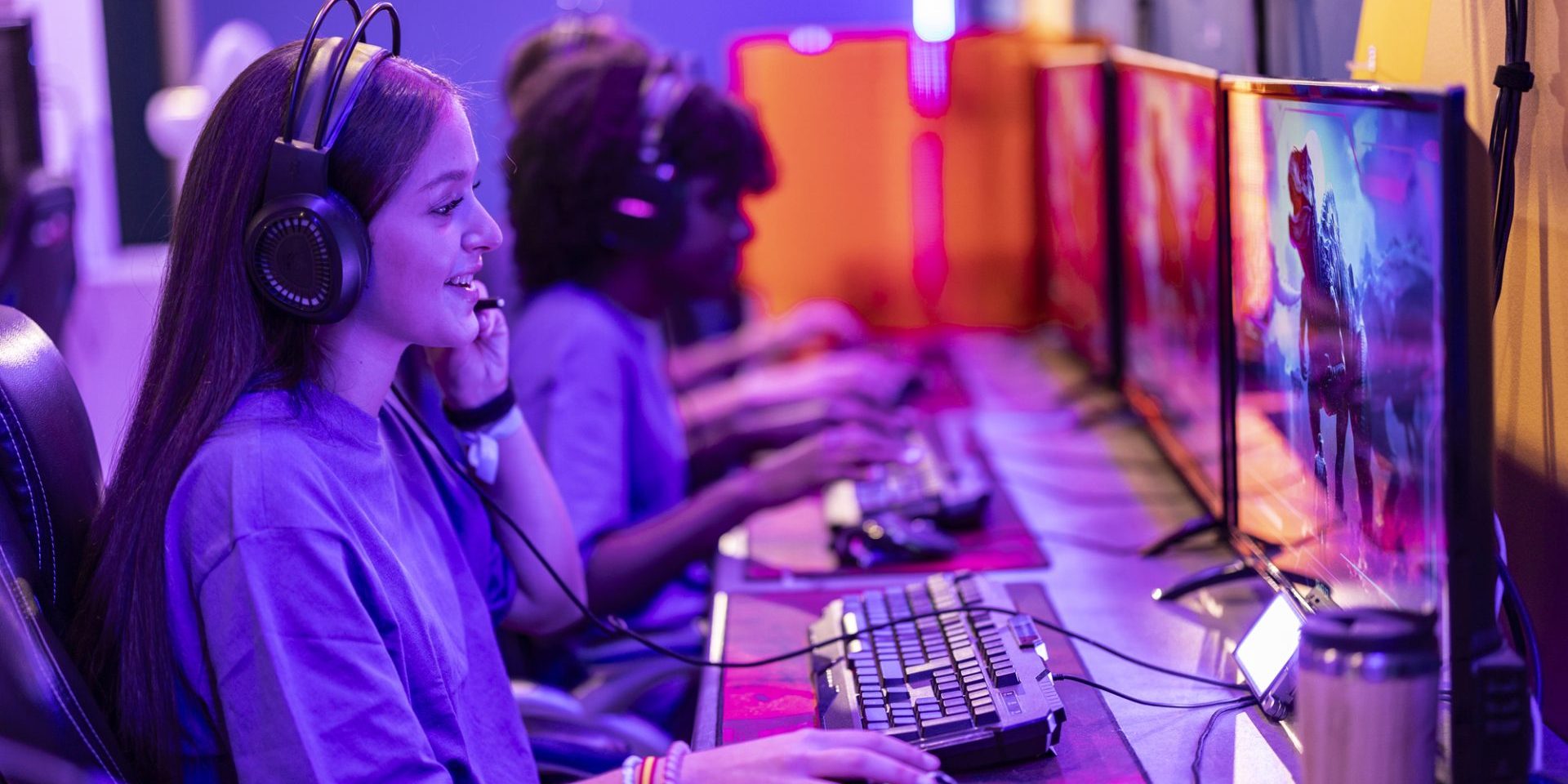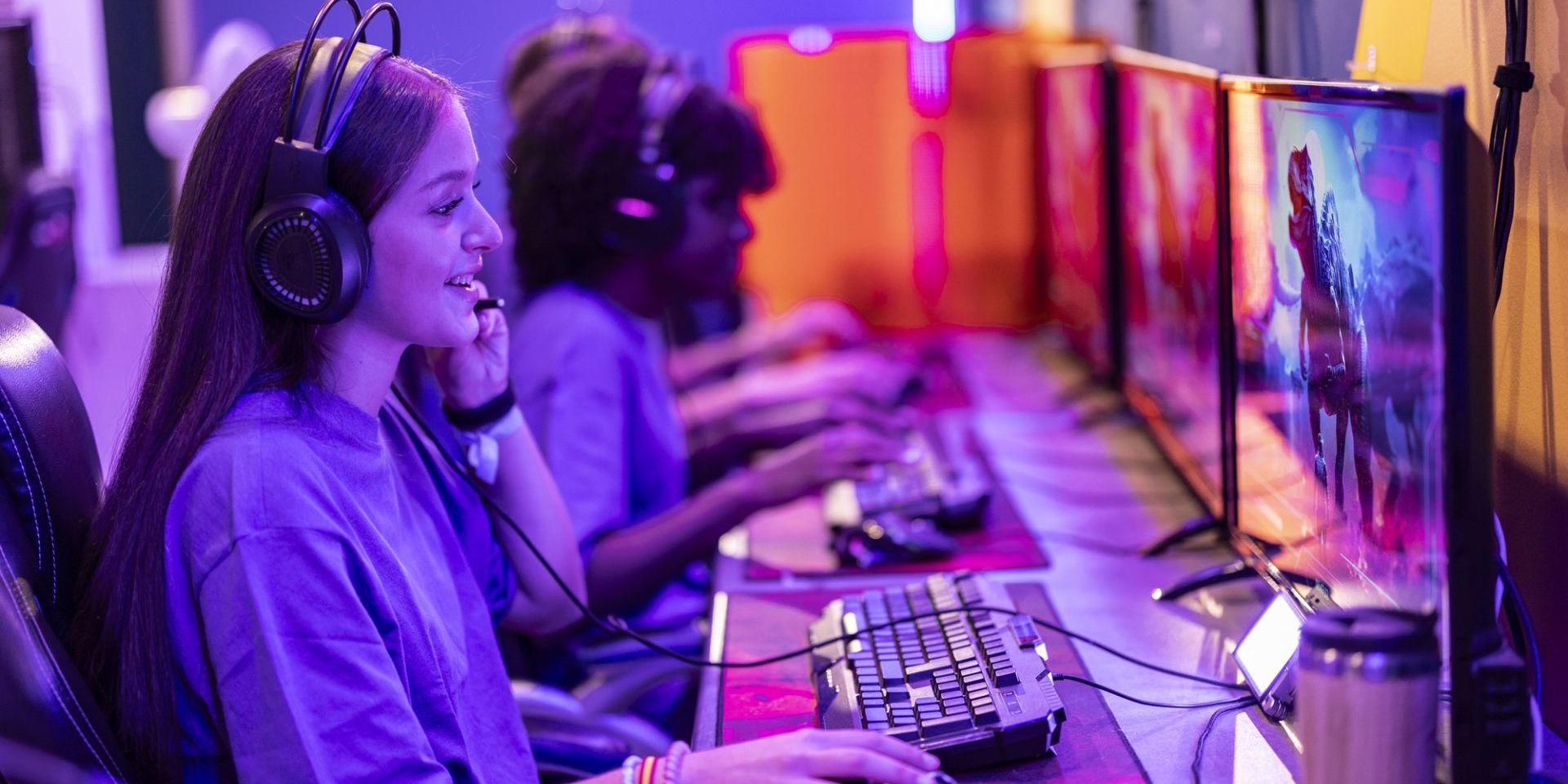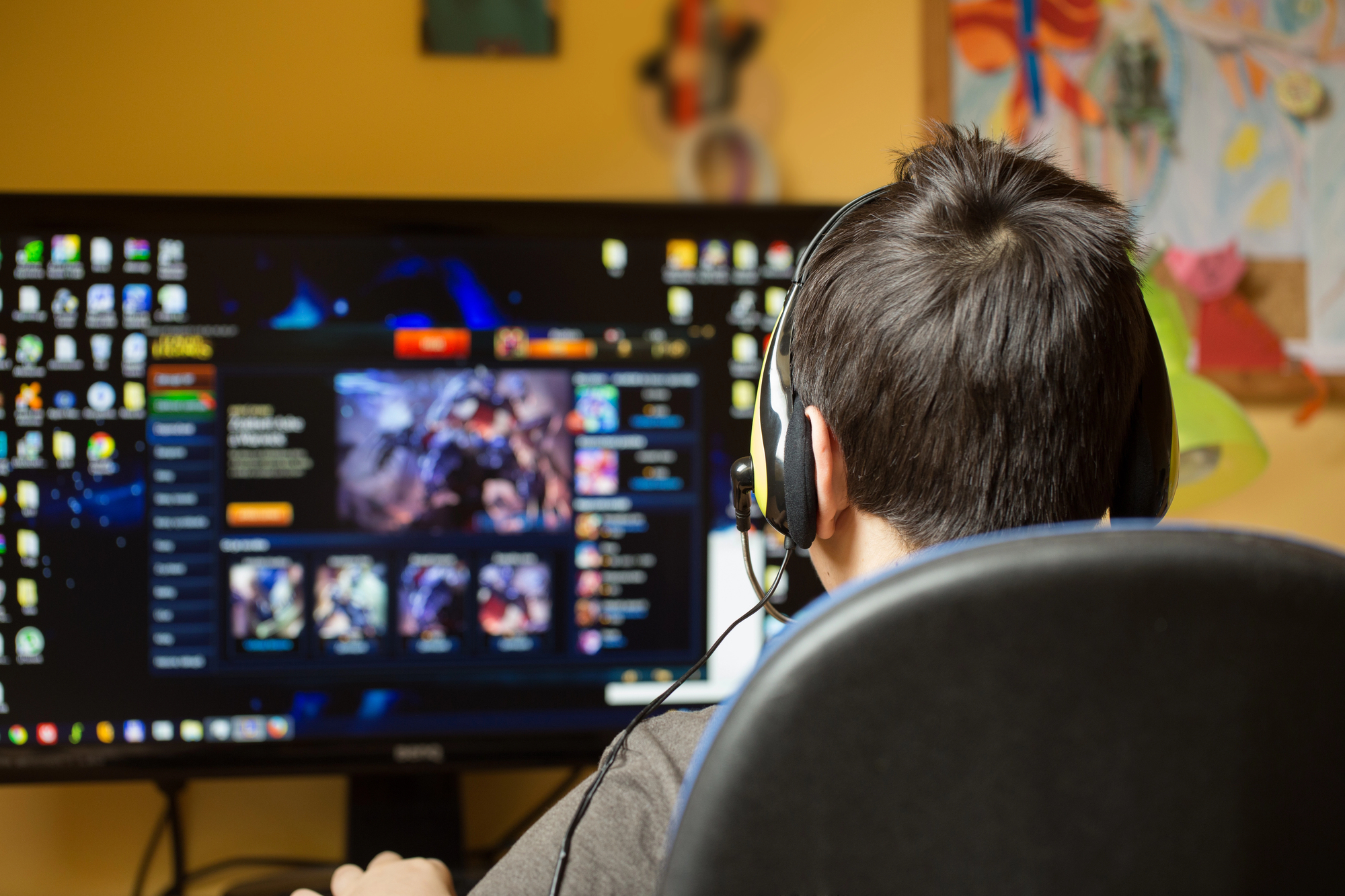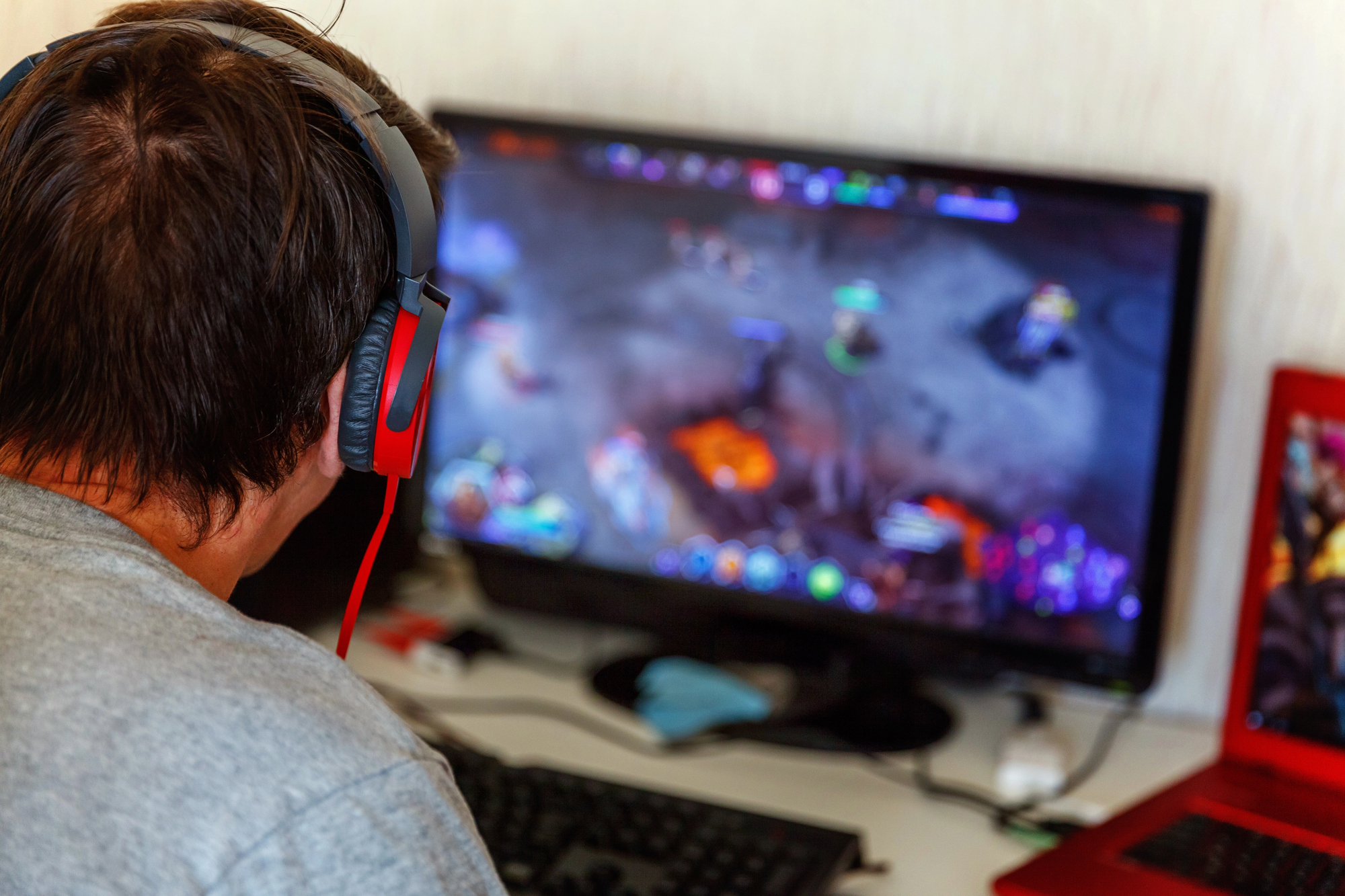Online gaming has transformed the way people connect and socialize in the digital age. Virtual worlds and multiplayer games provide spaces for individuals to form friendships, collaborate on challenges, and build communities that span the globe. These online gaming communities foster social connections, bringing together like-minded individuals who share common interests and passions.
Gaming platforms offer various ways for players to interact, from in-game chat systems to voice communication tools. These features enable gamers to communicate effectively while playing, strategizing, and sharing experiences. As a result, many form lasting friendships and social bonds that extend beyond the game itself.
The social aspect of online gaming has become increasingly important, especially during times of physical isolation. Games serve as virtual gathering places where people can maintain social connections, combat loneliness, and find emotional support from fellow players. This social dimension adds depth to the gaming experience, making it about more than just entertainment.
The Rise of Online Gaming Communities
Online gaming communities have emerged as vibrant social spaces where players connect, share experiences, and form lasting relationships. These digital gatherings have transformed how people interact and socialize through video games.
Defining Gaming Communities
Gaming communities are groups of players who come together around shared interests in specific games or gaming genres. These communities exist on various platforms, including game-specific forums, social media groups, and within the games themselves. Players join to discuss strategies, share achievements, and connect with like-minded individuals.
MMOs (Massively Multiplayer Online games) have played a key role in fostering these communities. Games like World of Warcraft and Final Fantasy XIV have millions of active players who form guilds, participate in group activities, and build friendships that often extend beyond the game world.
Evolution in the Digital Era
The internet and advancements in technology have fueled the growth of online gaming communities. High-speed internet connections and improved gaming platforms have made it easier for players to connect globally. Voice chat and streaming services have added new dimensions to community interactions.
Social media integration has amplified the reach of gaming communities. Players now share gameplay clips, organize events, and engage in discussions across multiple platforms. This interconnectedness has blurred the lines between in-game and real-world social interactions.
Mobile gaming has further expanded these communities. With smartphones ubiquitous, casual and hardcore gamers alike can participate in community activities anytime, anywhere. This accessibility has led to a surge in the number and diversity of gaming communities.
Building and Nurturing Relationships
Gaming communities provide fertile ground for forming deep connections. Players bond through shared experiences, collaborative gameplay, and mutual support.
Camaraderie and Friendship
Online gaming fosters camaraderie among players who share common interests. Gamers often form friendships that extend beyond the virtual world. Regular interactions during gameplay sessions allow individuals to get to know each other on a personal level.
These friendships can develop through:
- Voice chat during multiplayer sessions
- In-game messaging systems
- Community forums and discussion boards
- Social media groups dedicated to specific games
Many gamers report that some of their closest friends are people they met through online gaming. These relationships often lead to real-life meetups, conventions, and lasting bonds.
Collaboration and Teamwork
Multiplayer games emphasize cooperation and teamwork. Players must work together to achieve common goals, fostering a sense of unity and shared purpose.
Key aspects of collaboration in gaming include:
- Coordinating strategies in real-time
- Assigning roles based on individual strengths
- Communicating effectively during high-pressure situations
- Adapting to changing circumstances as a group
These collaborative experiences teach valuable skills that translate to real-world scenarios. Gamers often develop leadership abilities, learn to communicate clearly, and become adept at problem-solving in team settings.
Support Systems and Emotional Connect
Gaming communities frequently serve as support networks for their members. Players often share personal struggles and receive empathy and encouragement from fellow gamers.
Ways gaming communities provide emotional support:
- Offering advice and guidance on game-related challenges
- Lending an ear to those facing real-life difficulties
- Celebrating personal and in-game achievements together
- Organizing charity events or fundraisers for community members in need
This emotional connection creates a sense of belonging within the gaming community. Many players find comfort in knowing they have a supportive network of friends who share their passion for gaming.
The Role of Technology and Platforms
Technology plays a crucial part in shaping online gaming communities. It provides the infrastructure and tools for gamers to connect, interact, and build relationships across distances.
Online Platforms for Gaming Interaction
Gaming platforms serve as digital hubs for player interaction. Discord has become a popular choice for many gaming communities. It offers voice chat, text channels, and screen sharing features. These tools allow players to communicate during gameplay and discuss strategies.
Social media platforms like Twitter and Facebook also play a role. Gamers use them to share achievements, find teammates, and stay updated on gaming news. Forums remain relevant for in-depth discussions and troubleshooting.
Many games now include built-in social features. These can range from friends lists to in-game chat systems. Such integrations make it easier for players to form groups and maintain connections within the game environment.
Virtual Reality (VR) and Augmented Reality (AR) in Gaming
VR and AR technologies are changing how gamers interact in virtual spaces. VR headsets create immersive environments where players can meet and interact as if they were in the same physical space. This technology enhances the sense of presence and social connection.
AR games blend digital elements with the real world. They often encourage players to explore their surroundings and interact with other players in person. Pokemon Go is a prime example of an AR game that created local communities of players.
These technologies open up new possibilities for social interaction in gaming. They allow for more natural communication and shared experiences among players.
Moderation and Community Governance
Effective moderation is key to maintaining healthy gaming communities. Many platforms use a combination of automated systems and human moderators to enforce rules and keep discussions civil.
Automated tools can flag inappropriate content and behavior quickly. Human moderators review these flags and make decisions on appropriate actions. Some communities also rely on user reports to identify issues.
Community-driven governance models are becoming more common. In these systems, experienced members of the community take on moderation roles. This approach can help create a sense of ownership and responsibility among community members.
Clear guidelines and consistent enforcement are essential for effective moderation. Many platforms provide tools for users to manage their own experience, such as mute and block functions.
Challenges and Growth in Online Gaming
Online gaming communities face obstacles but also offer opportunities for personal development. Players navigate complex social dynamics while striving for positive interactions.
Overcoming Toxicity and Harassment
Toxic behavior and harassment remain significant issues in online gaming spaces. Players may encounter verbal abuse, discrimination, or unwanted advances. Game companies implement reporting systems and moderation tools to address these problems. Some employ AI-powered detection to flag inappropriate language or behavior.
Community-led initiatives also combat negativity. Many gaming groups establish codes of conduct and foster welcoming environments. Peer moderation and mentorship programs help guide new players and set positive examples.
Community Building and Personal Growth
Despite challenges, online gaming fosters strong social bonds and skill development. Players form friendships across geographical boundaries, united by shared interests. Cooperative gameplay builds teamwork and communication abilities.
Competitive gaming can boost problem-solving skills and strategic thinking. Many players report increased confidence and leadership qualities from coordinating group activities. Online communities provide support networks and spaces for self-expression.
Diverse player bases expose individuals to different perspectives and cultures. This broadens worldviews and promotes empathy. Gaming communities often rally around charitable causes, organizing fundraisers and awareness campaigns.












